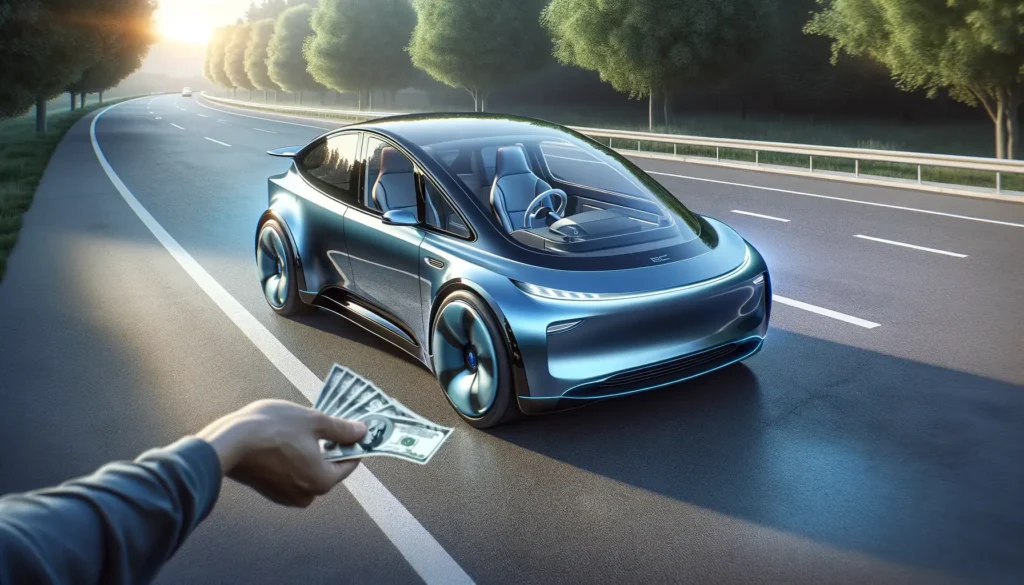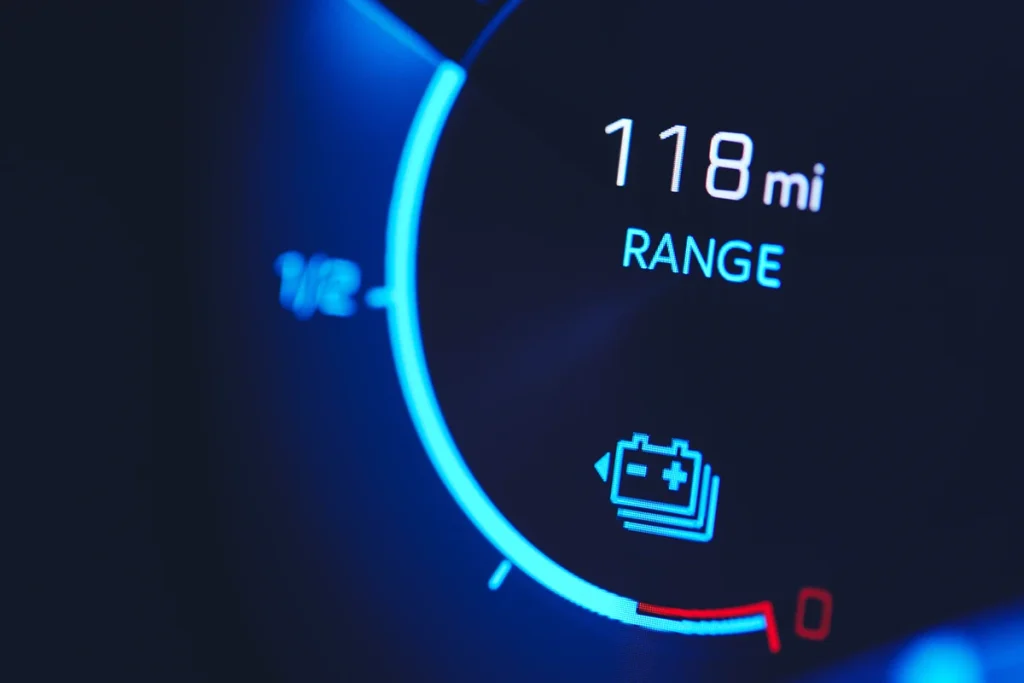The Pennsylvania House and Senate are currently engaged in discussions to find a compromise on capturing revenue to maintain the state’s roads and bridges. One proposal being considered is introducing a yearly flat fee for electric vehicle (EV) owners, bringing them in line with gas-powered vehicle owners who already contribute to road upkeep.
However, the specifics of this fee are still being negotiated, with concerns raised about fairness and the potential sticker shock that could accompany an additional cost of owning an EV.
The Debate Surrounding the Proposed Fee
Transportation Committee Chairperson Ed Neilson, a Democrat from Philadelphia, has expressed reservations about the current bill. He believes the proposed $290 annual fee is too high and wants to ensure that any legislation passed is fair to all parties involved. Neilson aims to introduce an amendment with a smaller fee and other changes, such as phasing in the fee over several years, in order to address these concerns.
Despite Neilson’s objections, the Transportation Committee passed the bill with a 22-3 vote, sending it to the full House for further deliberation. The state Senate had passed the legislation in June with a 41-9 vote, indicating a consensus among lawmakers about the need to address the issue of EV owners not contributing to road maintenance.
Revisiting the Taxation Structure
Currently, Pennsylvania motorists pay approximately 61 cents per gallon of gasoline and about 79 cents per gallon of diesel fuel for cars and light trucks, with these funds allocated to highway maintenance. Electric vehicle owners are supposed to pay an alternative fuel tax based on the tax that would be applied to an equivalent amount of gasoline. However, according to state Senator Greg Rothman, the bill’s prime sponsor, few EV owners are aware of this tax or pay it.
With 47,440 electric vehicles registered in Pennsylvania in 2022, according to the U.S. Department of Energy, the state ranks 13th in EV ownership. In comparison, California leads the nation with over 900,000 electric vehicles. Other states have implemented various approaches to address the issue of EVs not contributing to road maintenance. According to the nonprofit tax policy group Tax Foundation, twenty-nine states have introduced additional registration costs for electric vehicles, ranging from 200 in several states.
The Proposed Fee and Its Implications
Pennsylvania’s proposed electric vehicle fee would replace the alternative fuels tax on electricity, but only for electricity used to charge a vehicle at the owner’s legal residence. Furthermore, the bill would forgive any unpaid alternative fuel tax owed before the new fee takes effect. However, the fee has drawn criticism from environmental and consumer groups and electric vehicle manufacturers like Tesla and Rivian, who consider it punitive to EV owners.
The National Conference of State Legislatures indicates that a190. Recognizing the potential negative impact on EV adoption, some proponents suggest phasing in the fee over a number of years. However, this approach fails to address the equity issue, as a flat fee would disproportionately affect those who drive less.
Exploring Alternative Solutions
Rob Altenburg, the senior director for energy and climate at PennFuture, suggests a potential solution that combines a fee during EV registration with a tax on electricity at public charging stations. This approach would tie the tax to the number of miles driven, ensuring a fair contribution from EV owners. Additionally, Pennsylvania could capture revenue from out-of-state drivers, similar to how it collects gas tax.
In an effort to reach a consensus, Neilson plans to introduce an amendment to the bill, potentially on Tuesday, with the aim of final passage on Wednesday. This ongoing negotiation between House Democrats and Senate GOP leaders highlights the importance of finding a balanced approach that addresses the concerns of all stakeholders.
Future Steps
Chairperson Neilson plans to introduce amendments to the bill to reach a compromise that addresses concerns about the fee’s size and equity. The proposed amendments include reducing the annual fee to 225 and implementing a phase-in period over three to five years.
The ongoing negotiations between House Democrats and Senate GOP leaders will determine the final version of the legislation.
As the Pennsylvania House considers the road use fee for electric vehicle owners, the debate continues regarding the appropriate fee amount and the most equitable solution. While the introduction of a fee aims to ensure fair contributions to road maintenance, striking the right balance between incentivizing electric vehicle adoption and generating necessary revenue remains a challenge.


